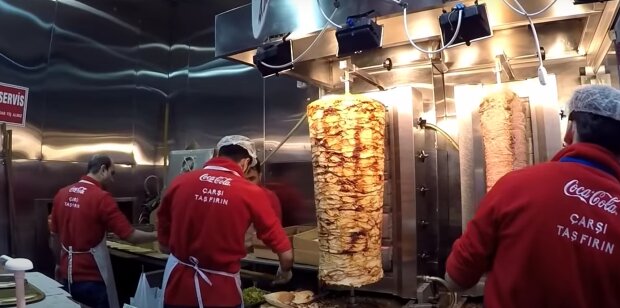Research conducted by Wrocław University aimed to determine whether the meat used in kebabs matched what was advertised on the labels. The results were concerning: only 28% of kebab samples contained the meat they were marketed as containing.
Using genetic testing, researchers found that 60% of the samples contained undeclared meat or cheaper substitutes.
For instance, lamb was often replaced with chicken or beef, and some kebabs even contained pork instead of lamb. This is particularly alarming for those who avoid pork for religious or cultural reasons. Interestingly, chicken skewers tended to be more accurate in terms of labeling, although one sample still contained mixed beef.

Although this study covered only a small sample from Poland and Germany, similar issues have been identified in other countries. For example, a 2009 study in the UK revealed that 40% of kebabs lacked accurate labeling of the meat they contained.
It is important to note that these results do not represent all establishments serving kebabs. Many reputable restaurants offer high-quality and correctly labeled options.
However, transparency in labeling is crucial for maintaining consumer trust. If you are a kebab enthusiast, it would be wise to check the ingredients or inquire about the meat used before consuming it.